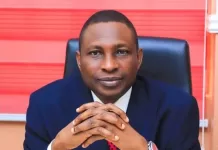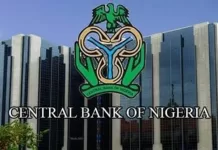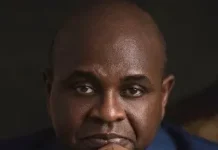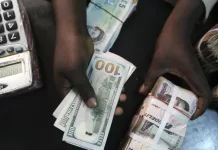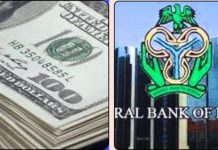There are not many leaders who will follow the path chosen by President Bola Tinubu when faced with the challenges we are currently facing.
Not withstanding, Tinubu is sticking by his guns when he reiterates that his administration will not borrow to finance the economy.
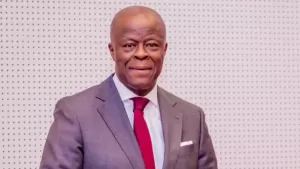
Nigerians have chosen a very stubborn leader whom some will say his resolve to restore the nations economy back to its former glory, is borne out of love for Nigeria.
The West African nation, likened to the Garden of Eden, which once flowed with milk and honey, is now a shadow of itself.
Its corrupt leaders had dragged it and everyone in it into a huge debt pit that even the next generation might not be able to offset.
Tinubu, who spoke through his Minister of Finance and Coordinating Minister of the Economy, Wale Edun, said “Nigeria will no longer borrow to support the economy”.
The President is looking at using the proceeds from subsidy removal to finance the economy.
Have You Read: Dutch Economy Slides Into Recession
This development comes as Tinubu insists that his administration will not use 90% of revenue to service debts
Tinubu’s administration, does not intend to borrow from any local or foreign organisation, following its subsidy removal from petrol and exchange rate unification.
Wale Edun, revealed this at the end of the maiden Federal Executive Council meeting in Abuja on Monday, August 28, 2023.
Banking On Subsidy Proceeds
“We intend to boost certain sectors, raise government revenue and improve the business climate for local and foreign investors by judiciously using the proceeds of subsidy removal.
He said the Nigerian government was funding various palliatives from proceeds from the petrol subsidy removal to ease its effect on Nigerians.
The new minister revealed that President Bola Tinubu’s administration wants to bring back the economy from the lethargy.
Also, the Minister of Industry, Trade, and Investment, Doris Uzoka-Anite, revealed that Nigeria was already getting investment offers from different sectors of the economy, including oil and gas, health, solid minerals, and agriculture.
According to her, the ministry would partner with relevant ministries, departments, and government agencies to achieve Tinubu’s job-creation commitment.
Tinubu Criticizes Buhari’s Debt Servicing
The development follows a subtle jibe by Tinubu on the government of his predecessor, Muhammadu Buhari.
Tinubu, who spoke at a conference organised by the Nigerian Bar Association (NBA), said using 90% of revenue to service debt was not sustainable.
He said he would end the adoption of weak economic policies that resulted in spending Nigeria’s revenue on debt servicing.
He said: “It is a path to destruction. It is not sustainable.
“We must make the tough changes necessary for our country to get up from slumber and be respected among the world’s great nations”.
Meanwhile information from the Debt Management Office (DMO), reveals that Nigeria’s debt is close to ₦50 trillion. It was at ₦49.8 trillion as of March 31, 2023.
You May Also Like: Q1: Nigeria’s Economy Grew By 2.4% -OPEC
The country’s total external debts are over ₦19.6 trillion, while domestic debt is at ₦30.2 trillion. Nigeria’s debt stock hits ₦82 trillion amid CBN’s Naira devaluation.
As of Wednesday, June 14, 2023, Nigeria’s public debt had risen to ₦82 trillion from ₦77 trillion before the Central Bank of Nigeria (CBN) announced the exchange rate unification.
According to a press release by the CBN, all exchange rate windows are collapsed into the Importers and Exporters (I&E) window, showing a merger of the multiple exchange rates.
The unification has seen the Naira go on a free fall to ₦664 per dollar and has attracted severe consequences for the nation’s economy, including a spike in public debt.

